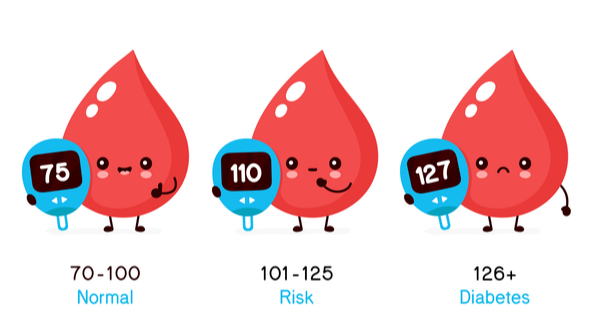Creatine, a natural compound derived from amino acids, is not just for bodybuilders or those looking to enhance muscle growth. Found in meats, seafood, and other animal products, it is also produced in small amounts by the human body. Though not essential in our diet, supplemental creatine has been shown to offer a multitude of benefits that can aid everyone in their health journey.
The Multifaceted Benefits of Creatine
5. Combatting Fatigue: One of the key roles of creatine is its involvement in ATP production, the energy currency of cells. This means more energy for your cells and, consequently, less physical and mental fatigue. If fatigue is a challenge for you, incorporating it into your diet could provide a much-needed boost.
4. Blood Sugar Regulation: Creatine enhances the muscle cells’ ability to absorb glucose, leading to better blood sugar control. This is particularly beneficial for those with conditions such as insulin resistance, diabetes, PCOS, or any other blood sugar-related issues. A regular intake combined with exercise may help manage and potentially reverse these conditions.

The Comprehensive Guide to Creatine: Benefits, Dosage, and Timing
3. Enhanced Brain Function: The brain relies on ATP too, and increased creatine levels have been associated with improved cognitive function. This is especially true for tasks requiring memory and focus, making it a potential cognitive enhancer.
2. Disease Risk Reduction: Research suggests that creatine consumption may lower the risk of developing certain diseases, including diabetes, sarcopenia, and some neurological disorders.
1. Accelerated Muscle Growth: Creatine is best known for its ability to speed up muscle growth. Beyond aesthetics, maintaining lean muscle mass contributes to a higher metabolic rate, a robust immune system, better insulin sensitivity, and overall health.

How Much Creatine Should You Take?
To maintain optimal stores, most individuals require 3-5 grams of creatine per day. While supplements are an option, obtaining it from creatine-rich foods like red meat, pork, and salmon is preferable, offering additional nutritional benefits. These foods contain approximately 1.5-2.5 grams of creatine per 500 grams, contributing significantly to daily requirements.
Timing Your Creatine Intake
The timing of supplementation in relation to exercise has been a subject of debate. The hypothesis is that timing could impact muscle loading and performance enhancement. However, evidence on this topic is mixed, with studies showing contradictory results. This suggests that the timing of supplementation is not as crucial as once believed.
For those opting to supplement, a common approach is a loading phase of 20 grams per day for 5-7 days, followed by a maintenance phase of 3-5 grams per day. It’s been found that while immediate post-workout supplementation with a carbohydrate source may offer slight benefits, consistent daily intake is key, and timing should be based on personal convenience.
Conclusion
Creatine is a powerhouse supplement with a range of benefits extending far beyond the gym. Whether you’re looking to reduce fatigue, manage blood sugar, boost brain power, decrease disease risk, or support muscle growth, creatine is a safe and effective aid. Remember, it’s not about perfect timing but rather consistent, daily intake to reap the full rewards creatine has to offer.
Ready to elevate your health and fitness journey with personalized guidance and support? Join me at Brooktree Consulting, where your goals become my mission. Sign up today and unlock the full potential of your well-being journey with my expert-led programs, tailored nutrition advice, and a community that cheers for your every step. Don’t miss out on the opportunity to transform your life – sign up with Brooktree now and take the first step towards a healthier, stronger you.



